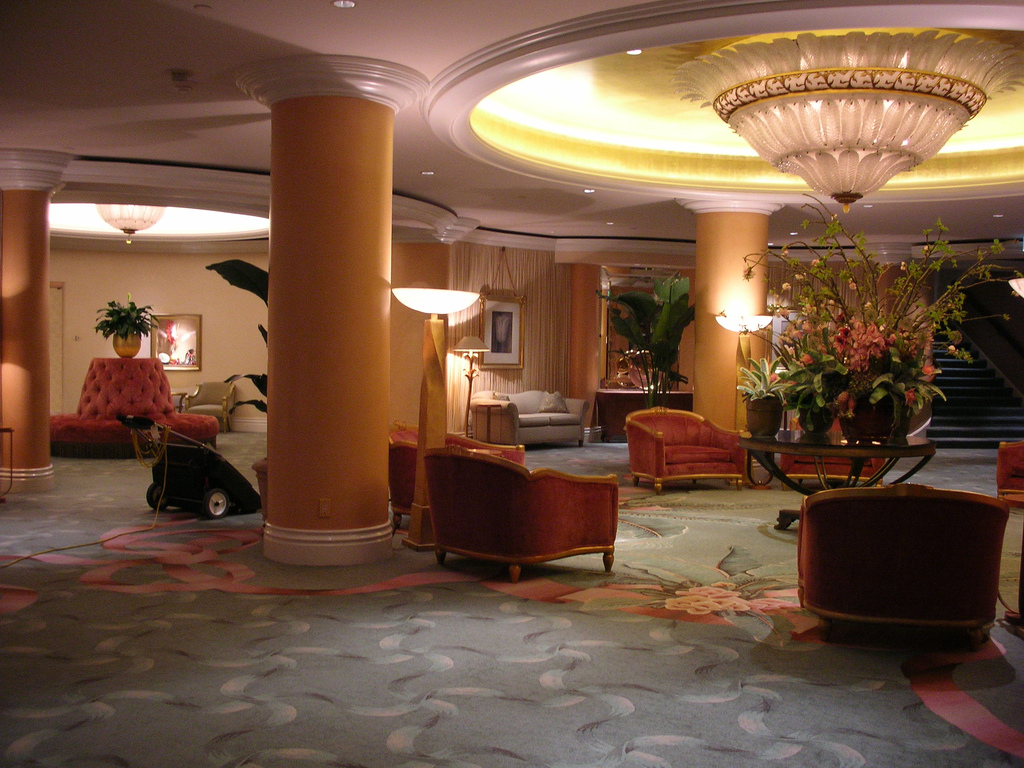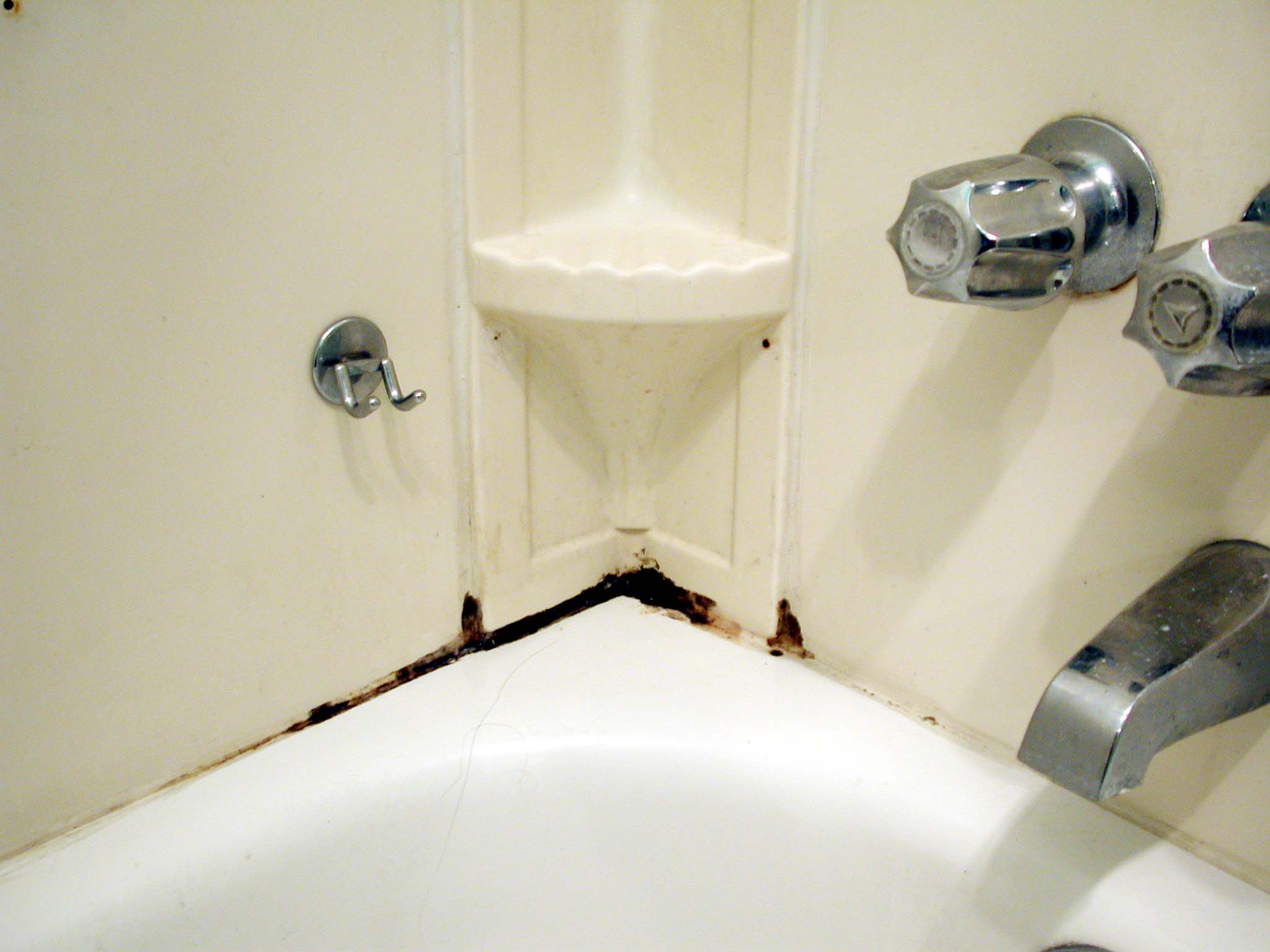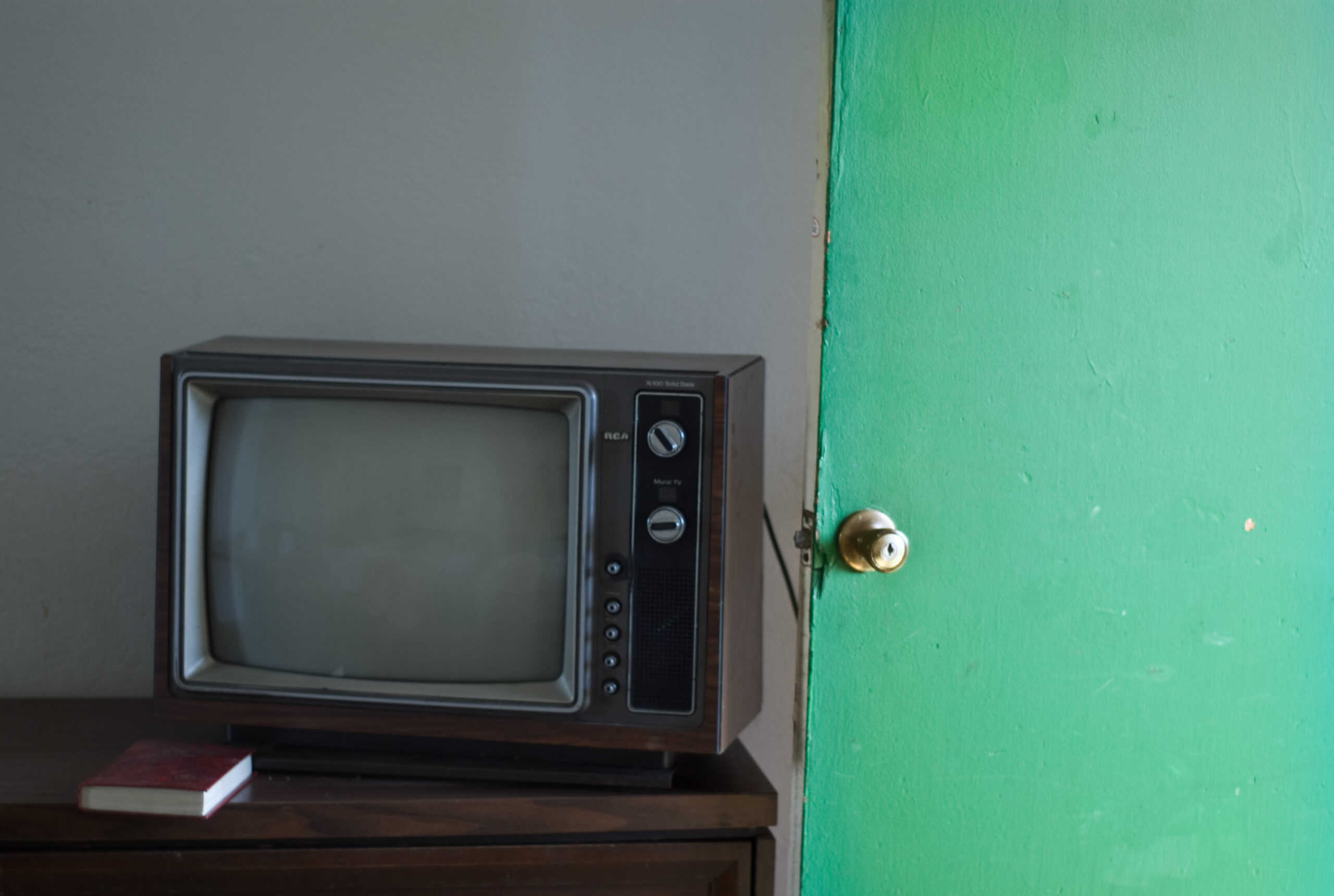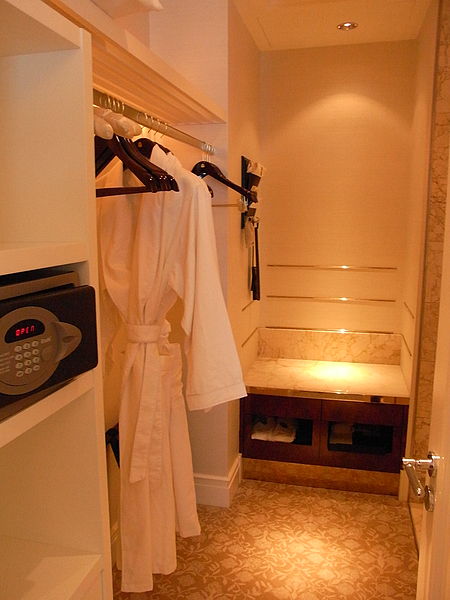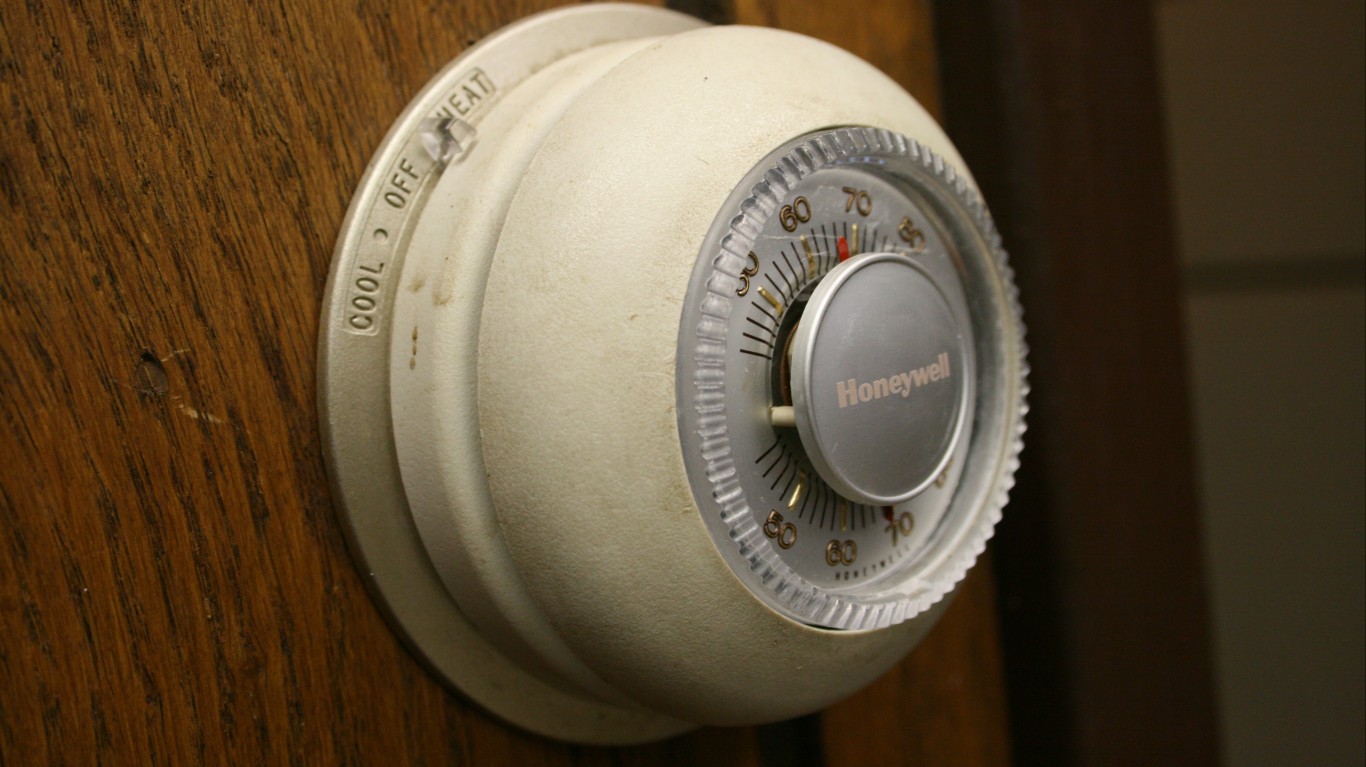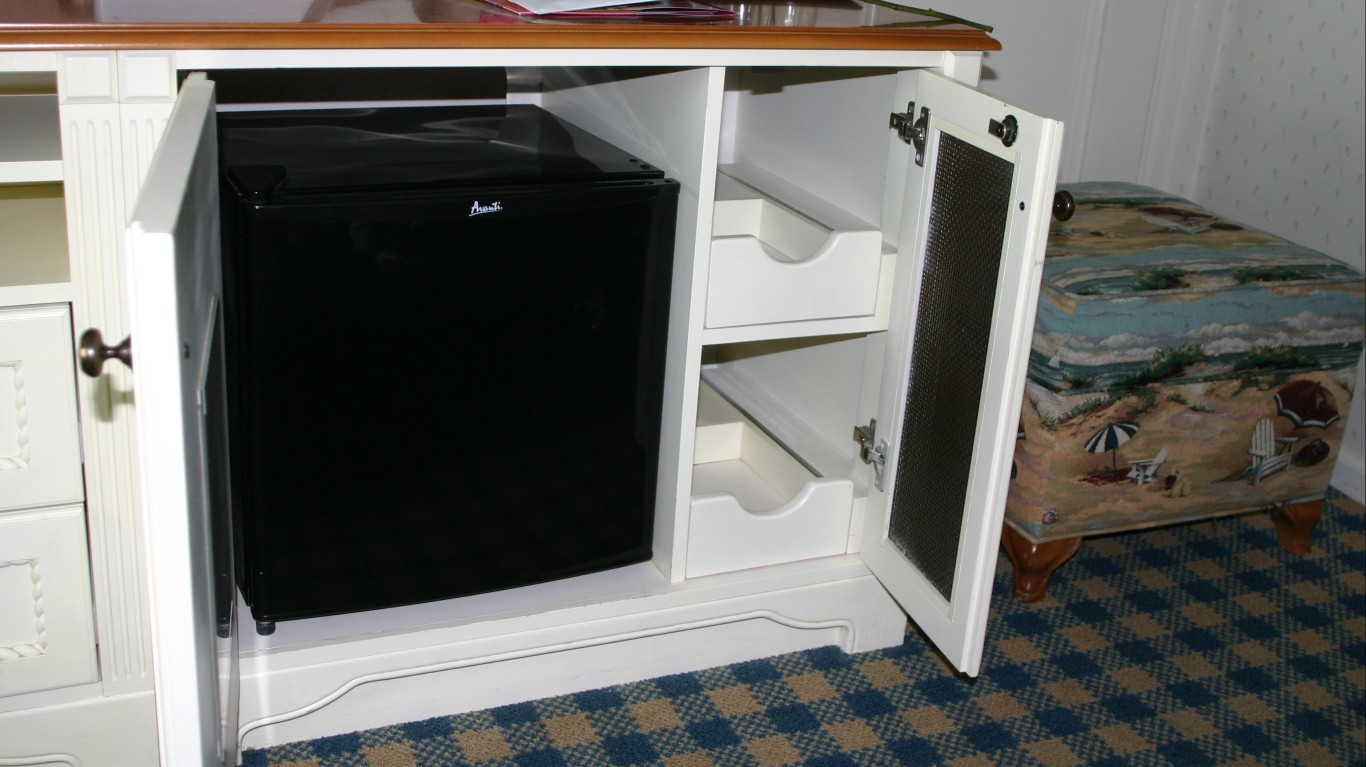
Hotels can be wonderful places, welcoming and comfortable. A good hotel staff can truly make guests feel “at home.” Some lodgings have been installed in architecturally stunning buildings, so that simply driving up to one is a memorable experience. Some have chic interiors created by top contemporary designers, or are furnished with genuine antiques and enhanced with serious art collections. Hotel restaurants used to get a deservedly bad rap, but these days some of the finest eating places in the country, including more than a few with Michelin stars, are just downstairs from the guest rooms. (If you like history with your overnight stay, here’s a list of the oldest hotel in every state.)
Hotels can also be awful. They can be shabby and ill-equipped, with surly or inefficient staffs and facilities in poor repair – and their restaurants, if they have them in the first place, are often best avoided, even if the only convenient alternative is the McDonald’s down the street.
When you walk into a restaurant, there are sometimes indications that your dining experience is not going to be all that you expect. (Here are 16 signs you’re eating in a bad restaurant.)
Hotels are a little more complicated, because while you can usually turn around and walk out of a restaurant if you see too many warning signs, it’s not that easy with a hotel. You will likely have reserved some time in advance, and even if you decide at the last minute that you’d rather stay elsewhere, you’ll probably be required to pay for at least one night’s stay – and sometimes you might not be able to find another hotel in the same area on short notice.
Nonetheless, it’s useful to be aware of signs that you may have made a bad choice. To compile a list of 16 signs you’re in a bad hotel, 24/7 Tempo drew on numerous travel advice sites, review sites like Yelp and Tripadvisor, and the travel experience of editors.
Here are 16 signs you’re in a bad hotel.
Some of these signs are comparatively minor, and you might be able to overlook them (not everybody objects to “anti-theft” hangers, for instance). Others, like stains and smells and things that just don’t work, might affect your stay more negatively – and might even encourage you to pack up and get out, even if it costs you a night’s fees.
Low price

Almost everybody looks for bargains when they travel, and sometimes good hotels have promotional offers (often keyed to their slower seasons) or offer special rates to military personnel, hotel chain loyalty members, and anyone belonging to AAA or AARP. That said, if a hotel is priced significantly below other ones in the same area over the same time period, beware. As the old saying goes, if it looks too good to be true, it probably is.
Old online reviews

These days, many travelers rely on review sites like Yelp or Tripadvisor when deciding where to stay. These can be very helpful. If the most recent online assessments are two or three years old, though, watch out. What might once have been a pleasant place to pass a night or two may well have gone downhill.
Generic-looking online photos (or no photos of the bedrooms)
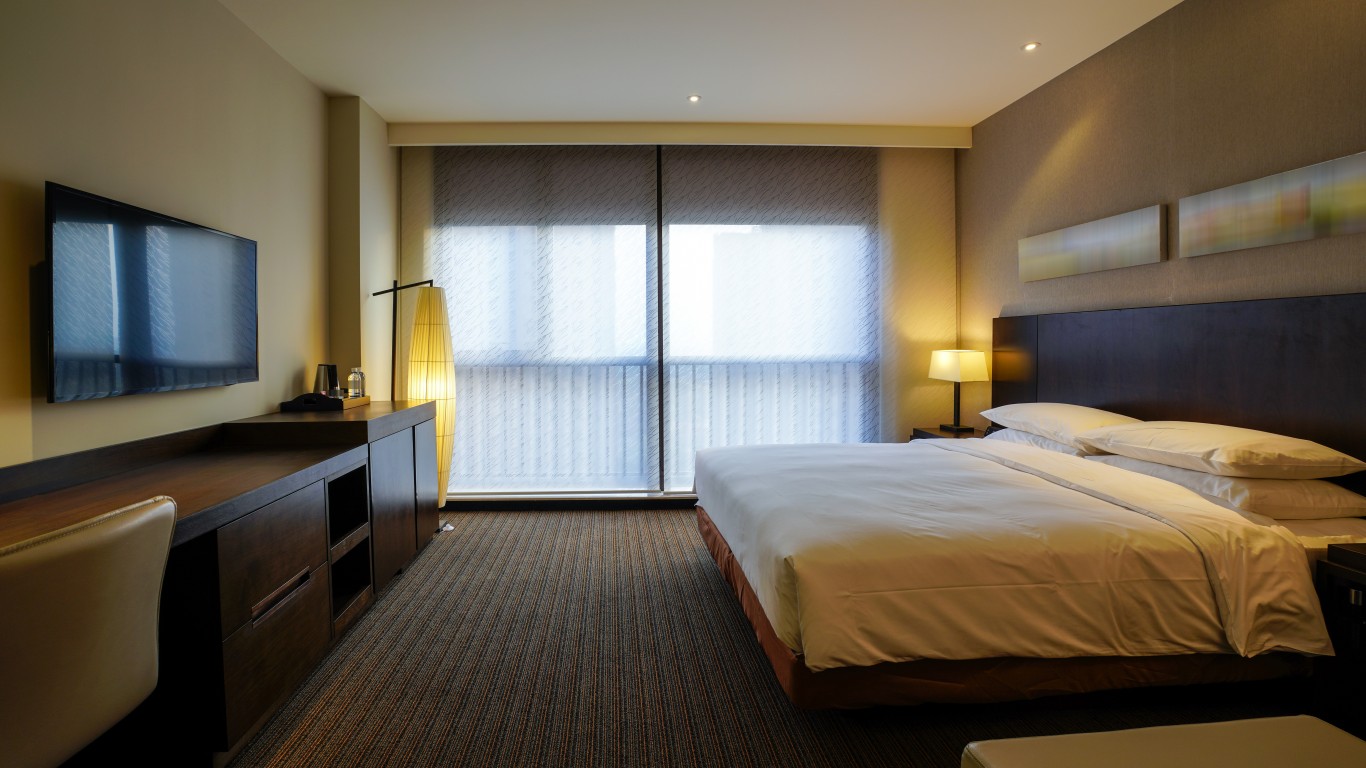
Some hotel websites publish photos that look anonymous or generic, as if they’re been culled from an image search instead of representing the way the place actually looks. Or you’ll find a photo gallery with plenty of shots of the exterior, the lobby, even the neighborhood, but little or nothing that shows you where you’ll be sleeping. Not a good omen at all.
Shoddy landscaping
When you pull up to a hotel, if the grass outside is brown, the shrubbery is patchy, the flowers have long since wilted in the ground, it’s a pretty good indication that the hotel these exterior features surround doesn’t pay attention to the details that can make a stay pleasant.
Shabby lobby
Thrift-shop furniture, stacks of years-old magazines on uneven end tables, cheap and ugly art prints on the walls, layers of dust on every surface…. The lobby is the public face of a hotel, and it it’s not in good shape, you almost certainly don’t want to go upstairs.
Surly staff

Nobody greets you at the front desk, or they greet you as if you’re bothering them; your perfectly reasonable questions (where’s the nearest bus stop? how late do you serve breakfast?) are met with clipped responses; they project an air of hating their job and watching the clock for quitting time…. A surly staff generally means that a hotel is badly managed – and if it’s the management that’s surly, they’re in the wrong business and you’re definitely in the wrong place.
Stains on the bedspread or the floor
You finally get to your room and the first thing you notice are big, dark spots spreading across the coverlet or the carpeting. You don’t want to think about what they are or how they got there, but you might well consider that management doesn’t care enough to clean them up or replace the stained items (or maybe can’t afford to do so).
Smell of mold in the bathrooms
Bathrooms collect mold, especially in the showers, but mold can and should be cleaned away. It’s not only unpleasant to smell and look at, but for some people it presents a real health hazard.
No bathroom amenities
One-ply toilet paper, small towels made from thin and scratchy material, no shampoo or conditioner, just a tiny bar of soap if you’re lucky – these are all signs that the hotel doesn’t care much about your comfort, even in your more intimate moments.
No cable TV or streaming services
The TVs at some hotels will remind old-timers of the days where there were just eight or nine broadcast channels available when you switched on the set. No cable or streaming services means the hotel is saving money any way it can, and that will doubtless affect a lot of other features of your stay as well.
“Anti-theft” hangers
This one’s controversial, because a surprising number of upscale hotels use these hangers – the kind that replaces a conventional hook with a post and ball that fits into a ring permanently attached to the hanger rod. They’re extremely annoying to use, won’t let you hang a shirt in the bathroom to steam out, and furthermore imply that the hotel distrusts you and would expect you to walk off with an armful of regular hangers if you could. Not a very good look for a hotel.
Non-functioning or temperamental AC or heating
Everybody experiences room temperatures differently, and a hotel guest should be able to make a room as warm or cool (within reason) as desired. Thermostats or window units that don’t work or that are maddeningly difficult to calibrate help ensure an unpleasant stay.
Non-functioning mini-bar or refrigerator
Some hotels choose not to offer guests a mini-bar. That’s fine, but if there’s one in the room, it should be working, and keep its ingredients cool. The same is true of the mini-refrigerator some places install in place of a mini-bar so that guests can chill their own beverages. It it’s unplugged or malfunctioning, it’s just a hot box instead of a cooler, so why is it even taking up space?
Lousy wi-fi

The days of dial-up are thankfully behind us, but some hotels simply don’t have enough wireless bandwidth to accommodate the needs of their guests – especially during prime-time hours when half the occupants may be trying to surf the web simultaneously. Slow loads and intermittent service are annoying, but what’s even worse is when the hotel charges you a healthy daily fee for wifi use.
No response from the front desk
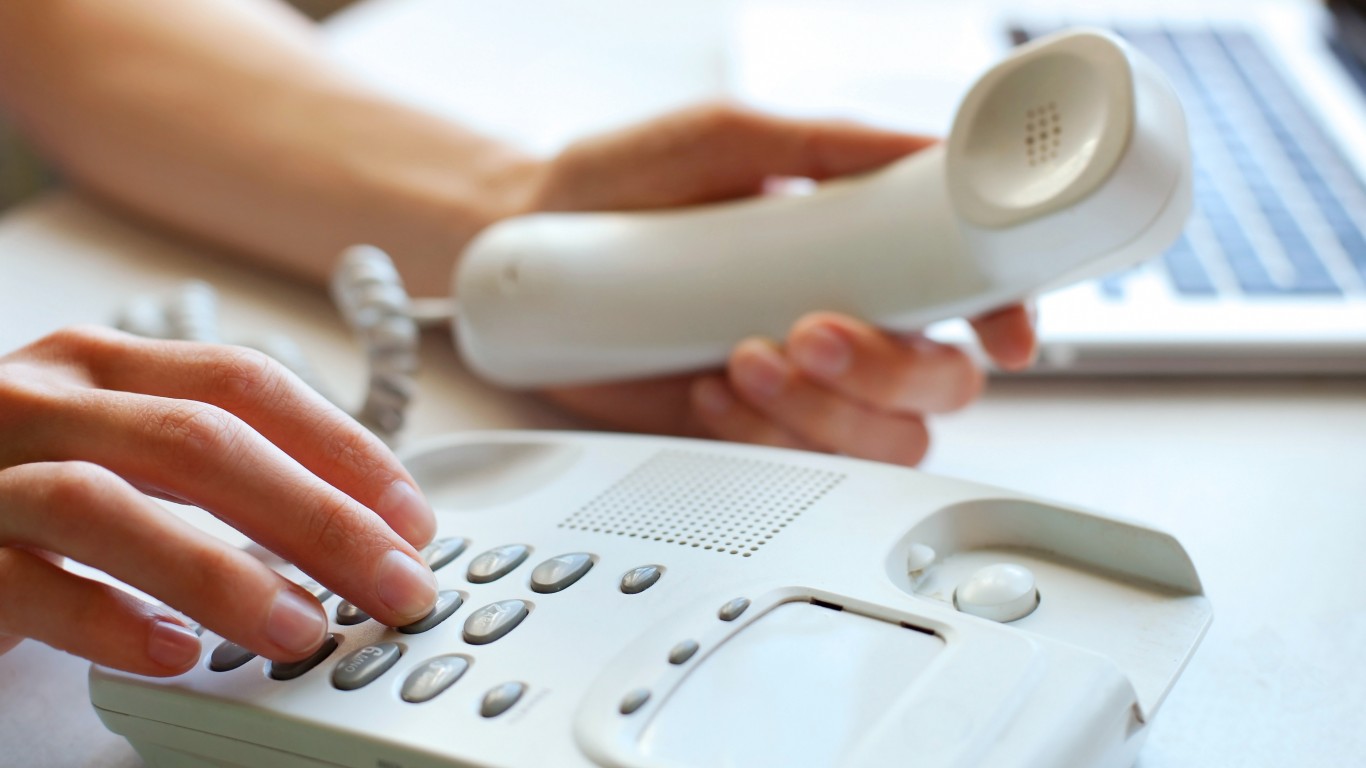
Your TV isn’t working, you need a wake-up call, room service isn’t answering – so you call the front desk. And listen to the phone ring and ring and ring. If a good hotel is temporarily slammed, the staff will notice that you’ve called and call you back. At a bad hotel, forget it.
A rowdy crowd at the hotel bar

Some hotel bars are popular local watering holes as well as conveniences for guests. Some of them have live music (usually cover bands of questionable skill but impressive volume). Some of them may double as sports bars drawing hordes of highly vocal fans. If the bar isn’t well insulated from the guestrooms, and you just want to get some sleep, good luck.
100 Million Americans Are Missing This Crucial Retirement Tool
The thought of burdening your family with a financial disaster is most Americans’ nightmare. However, recent studies show that over 100 million Americans still don’t have proper life insurance in the event they pass away.
Life insurance can bring peace of mind – ensuring your loved ones are safeguarded against unforeseen expenses and debts. With premiums often lower than expected and a variety of plans tailored to different life stages and health conditions, securing a policy is more accessible than ever.
A quick, no-obligation quote can provide valuable insight into what’s available and what might best suit your family’s needs. Life insurance is a simple step you can take today to help secure peace of mind for your loved ones tomorrow.
Click here to learn how to get a quote in just a few minutes.
Thank you for reading! Have some feedback for us?
Contact the 24/7 Wall St. editorial team.

